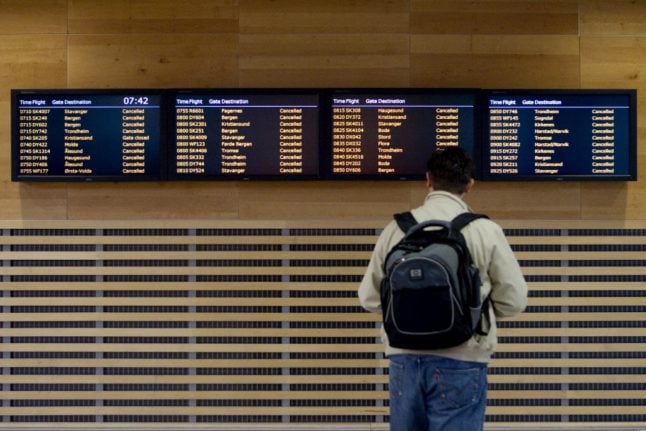Paris airport manager ADP has sent out invitations for an October 17th presentation that promises a single terminal by 2018, which the La Tribune online newspaper said would be achieved by the construction of a new building between the current terminals.
The new facility would be able to handle Airbus' A380 super jumbo, and be connected to Paris via a metro line and also include a station for France's high-speed rail network.
Orly, which serves primarily destinations to southern Europe, Africa and the Middle East, has not had so much investment as Paris' top Charles de Gaulle airport in recent years.
The expansion would allow Orly to handle up to 40 million passengers per year from 27 million currently, mostly by increasing plane size rather than increasing the number of flights, the newspaper said on its website.



 Please whitelist us to continue reading.
Please whitelist us to continue reading.
Member comments